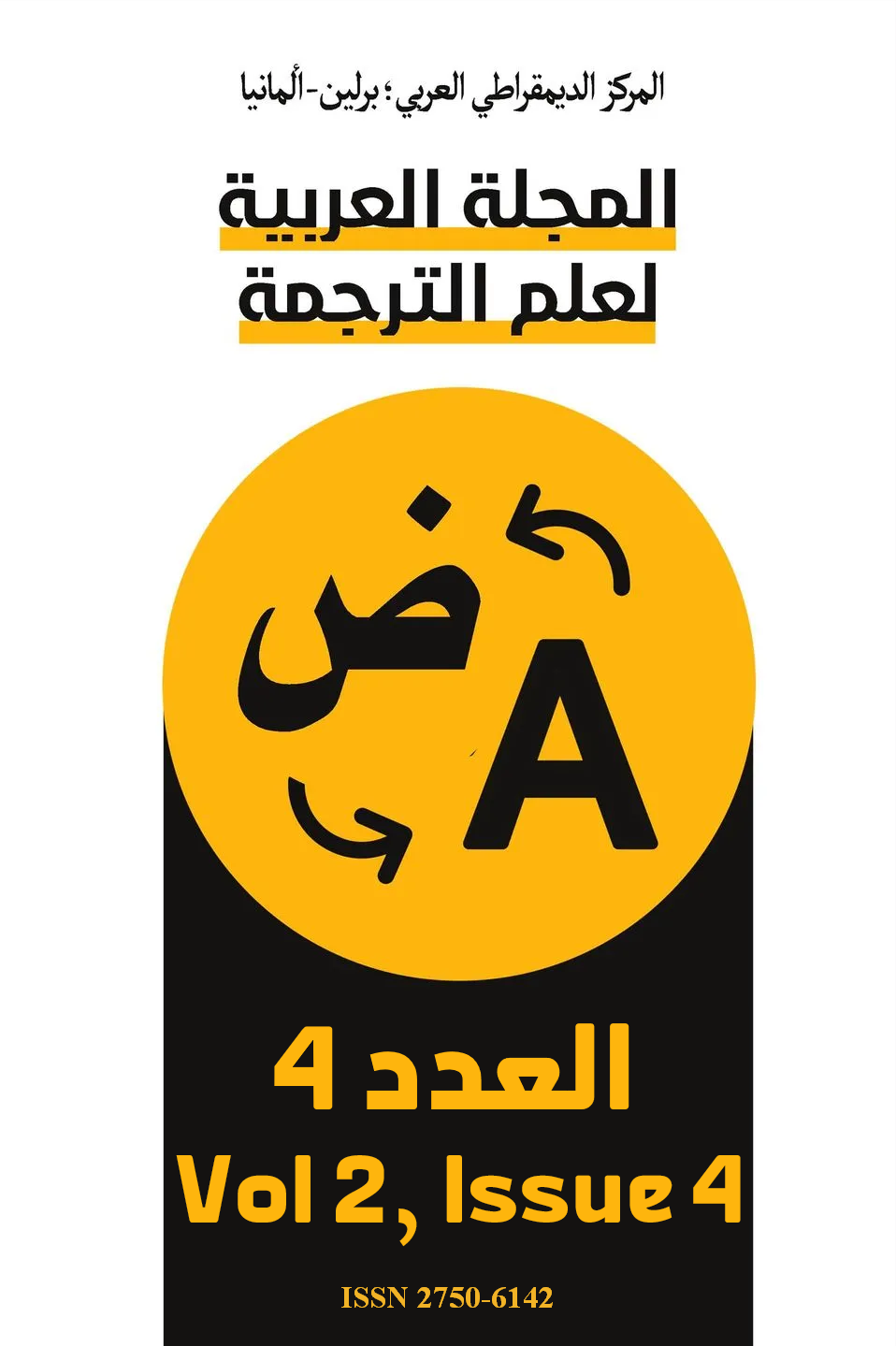Sociotechnical Systems, Local Knowledge, and Intervention Ideologies: Two Examples of Water Management Practices among Pastoralists in Morocco and Sudan
DOI:
https://doi.org/10.63939/AJTS.pnk6xt51Keywords:
Pastoralism, Nomads Wells, Ecological Irrationality, State Water Policy, Sedentarization, DetribalizationAbstract
Among pastoralists, spatial mobility in ecological environments with high seasonal variations gives a relatively simple image of the types of use for water resources. Nevertheless, the apparent morphological and technical simplicity of water infrastructures in pastoral environment conceals complex socio-political systems, a long-term construction of knowledge and an elaborate management of relational practices (solidarity, negotiation, conflict) within the group, with neighboring groups, and with the State. Based on two African ethnographies (Sudan and Morocco) the article establishes a link between the socio-technical complexity of local water management and the hold that external actors (mainly the State) have over it, the latter’s discourse often having drawn attention to how nomadic pastoralists are underequipped and ecologically irrational in order to advocate a “technical” intervention linked to ideologies of struggle against tribalism and forced sedentarization.
Downloads
Downloads
Published
Issue
Section
License

This work is licensed under a Creative Commons Attribution-NonCommercial 4.0 International License.
As an open-access the journal follows the CC BY-NC 4.0 Attribution-NonCommercial 4.0 International which states that:
- you are free to:
- Share— copy and redistribute the material in any medium or format.
- Adapt— remix, transform, and build upon the material.
- Under the following terms:
- Attribution— You must give appropriate credit, provide a link to the license, and indicate if changes were made. You may do so in any reasonable manner, but not in any way that suggests the licensor endorses you or your use.
- NonCommercial — You may not use the material for commercial purposes.
- No additional restrictions — You may not apply legal terms or technological measures that legally restrict others from doing anything the license permits.












